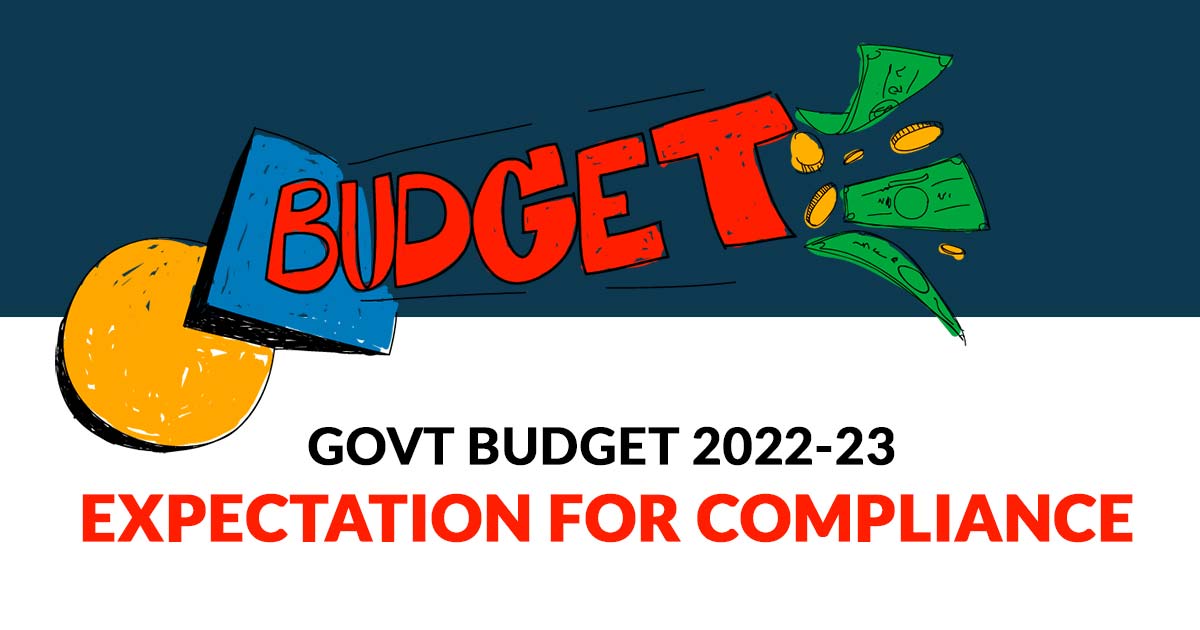
The Union budget for FY23 seems to announce the procedure to diminish the tax litigation, increase compliance by keeping an eye on the transactions in a strict way and does work for the target to draw more companies into the formal sector.
Inside the procedure beneath acknowledgment are the changes towards the issue resolution policy which was notified in the last year clearly the changes to both the income tax act and indirect tax laws to render the business process simpler and surge in reporting the need beneath different provisions to ad non-intrusive tax administration.
The purpose is to make tax compliance easier and make the council get much more information concerned to the transactions while performing the voluntary compliance. Digital payments hs been promoted by the income tax department.
The government outlines a dispute resolution scheme circulated in the previous year for the small assessee so as to build the same more attention seeker expressed by the person, who spoke on situation of anonymity. For the small assessee whose income is below Rs 50 lakh and for the disputed income below Rs 10 lakh.
This scheme for rectifying the tax compliance came during the time when both the direct and the indirect tax administration achieve success towards the leverage in the technology and data analytics to report their tax liability effectively and in the investigation of the tax theft.
As of 16 Dec, the centre’s net direct tax collected was Rs 9.45 trillion a straight surge of 60.8% from the former year and 40% with respect to the similar period of covid-19 FY20. Rs 1.3 trillion was the GST collection in the period of October, November, and December. The tax buoyancy renders the correctness of the compliance enforcement, followed by the effective nominal GDP rise.
Experts have shown the urge for simpler laws on the deposits required to furnish the appeal in cases of GST disputes and to make the clarification upon enrollment of GST cases discussed in the government’s pre-budget period. A full amount is needed to be submitted by the assessee and a fraction of the disputed tax liability during filing petitions, for which tax credit would not be used as needed under the GST law.
The recommendation is to permit the use of tax credits towards the same need. Businesses seek clarifications on norms upon the standards concerning the refusal of the GST enrollment. The rules mentioned that the GST enrollment would not accept for not furnishing the returns for 6 months straightly.
This was concerned when the returns furnished was for one month only but now the policy permits GST quarterly return filing with monthly tax payments and needs changes. For the concern of the small assessee registered for the composition scheme from quarterly to annual the duration has been amended of return filing and the tax furnished is quarterly grounds. The tax-GDP ratio of India is nearby 10% with respect to 25-26% for the concern of some of the developed economies.









